Why Accelerator Labs?
The Accelerator Labs are designed to close the gap between the current practices of international development in an accelerated pace of change.
Our Lab is part of the world’s largest and fastest learning network around development challenges.
We model a new capability to make breakthroughs on the future of development in the face of accelerating strategic risks: inequality, climate change, the 4th industrial revolution, rapid urbanization, new forms of governance, and other complex development challenges.
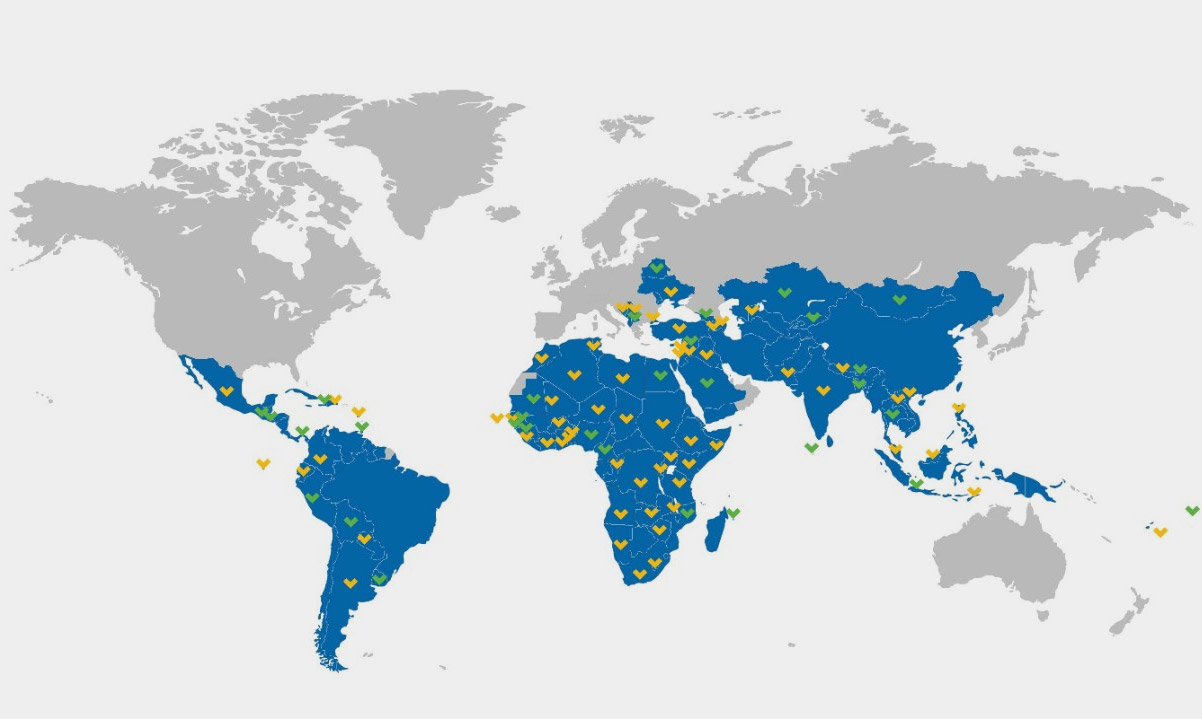
What do we do?
We accelerate learning creating actionable intelligence and testing solutions
We strengthen capabilities by supporting decision-makers who explore, experiment, and grow portfolios
We adapt to change by expanding the way UNDP invests, thinks about and delivers development.
We bring unusual actors into development by building new partnerships.
Our Lab is part of the world’s largest and fastest learning network around development challenges.
Globally integrated network of 91 Accelerator Labs around the world covering 115 countries, drawing inspiration from each other, and sharing learnings in real-time, creating a collective learning effect.
CORE PARTNERS

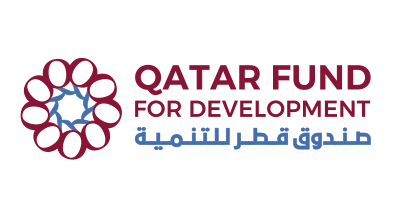
How we do it
We bring new ways of working to UNDP and its partners. This means new methods but also new partnerships, ways of organizing, and pushing the boundaries of the possible.
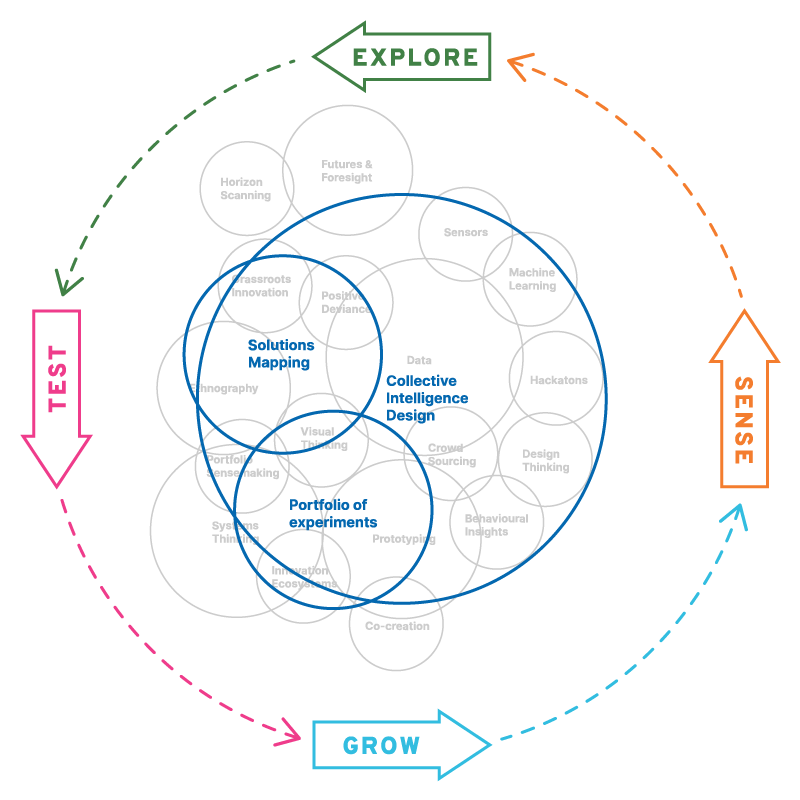

We use collective intelligence to mobilize ideas, new insights, and a wider range of information to solve problems hindering development. We use digital technologies, new sources of data (i.e. satellite, mobile, social networks) and AI to leverage the enhanced knowledge, skills and possibilities created when people work together.
We experiment to learn about our challenge and be able to take actions based on our findings, by designing and running multiple interventions in parallel and extracting insights about the system as a whole. We treat interventions as opportunities to learn about a system, its dynamics and effects.
We build portfolios to change the trajectories of entire systems by working in parallel in several parts of the system. Strategically placed, these experiments allow us to learn about the system, anticipate uncertainty and be flexible when responding to complexity.
Principles
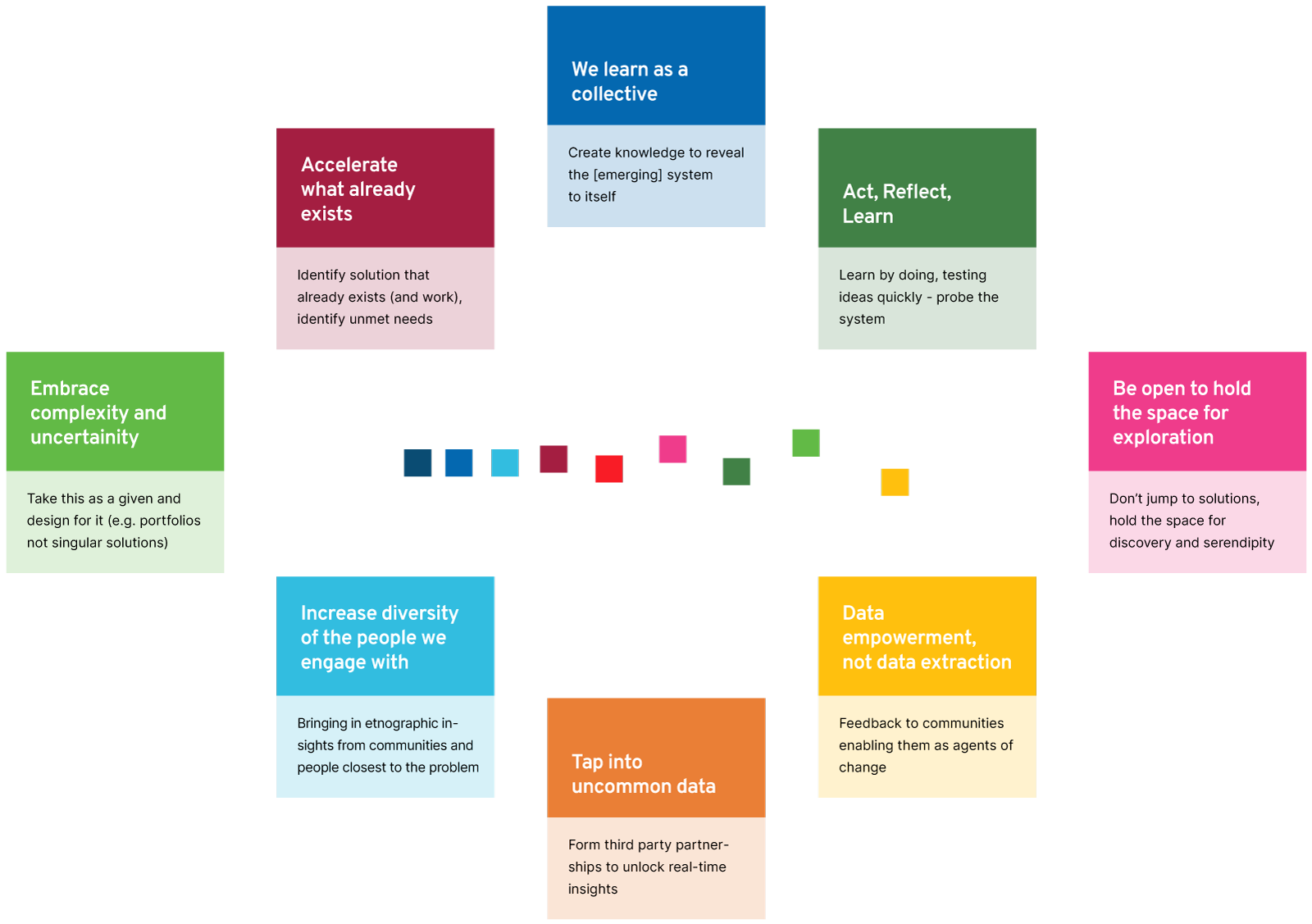
Partners







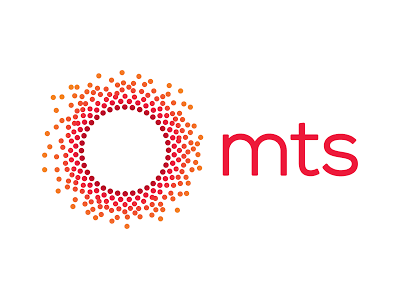






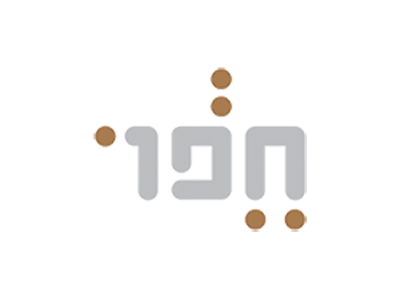














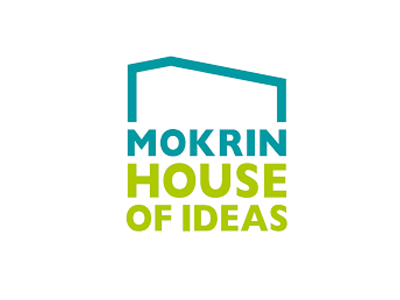
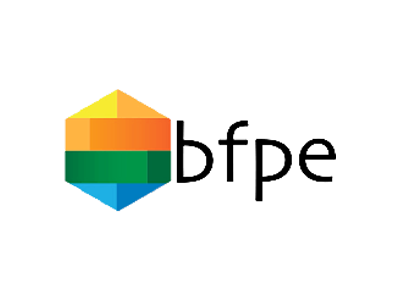

Team




AccLab Alumni

